facialrecognition
Latest
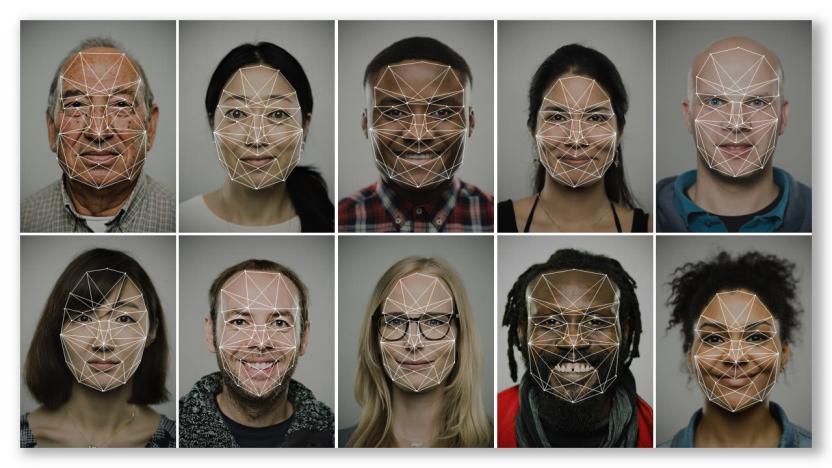
Microsoft details principles that guide its facial recognition work
In July, Microsoft President Brad Smith published a blog post discussing some of the challenges and risks surrounding facial recognition technology and how his company plans to address them. He said Microsoft was working on developing a set of guiding principles to direct the development of its own technology and this week, he shared what those principles are. In a new blog post, Smith described six principles that he says will govern Microsoft's work while it continues to advocate for legislation that will more concretely guide this technology as a whole.
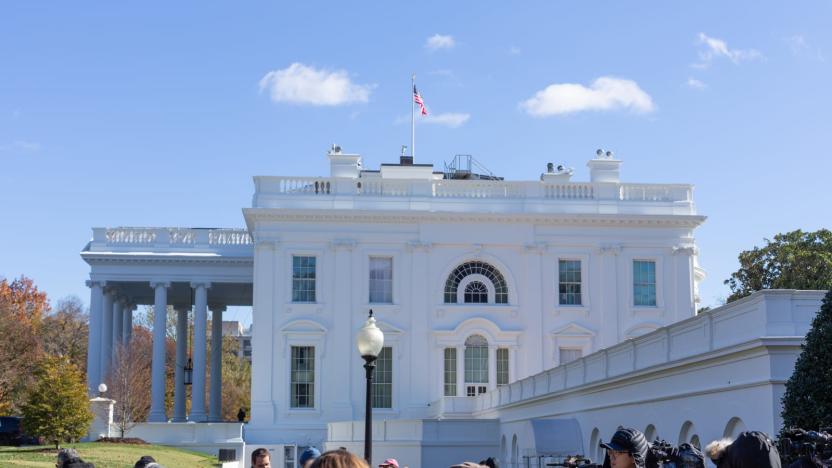
Secret Service will test facial recognition around the White House
Like it or not, facial recognition is creeping into more public spaces. The US Secret Service has quietly started testing the technology in and around the White House grounds, including nearby parks and streets, to see if it can "biometrically confirm" the identities of volunteer Secret Service employees. The pilot program will only retain images if there's a match and won't share information with other agencies, but the ultimate goal is to spot known "subjects of interest" (read: potential threats) before there's a run-in with law enforcement.
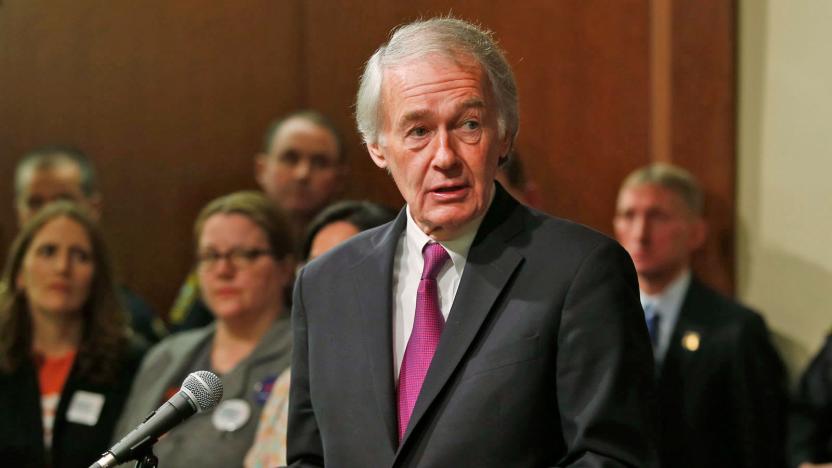
Lawmakers still want details from Amazon on its facial recognition tech
In July, three members of Congress -- Senator Ed Markey (D-MA), Representative Luis Gutiérrez (D-IL) and Representative Mark DeSaulnier (D-CA) -- sent Amazon and CEO Jeff Bezos a letter requesting information about the company's facial recognition software, Rekognition. The lawmakers expressed their concern about Rekognition and asked Amazon to answer a list of questions regarding any bias assessments Amazon has performed, if it can recognize when children's data have been uploaded, the agencies that have used the software and whether Amazon conducts audits of those that use Rekognition. Amazon sent a response to the lawmakers in August, but the lawmakers found the company's reply to be insufficient. So they've sent a second letter.
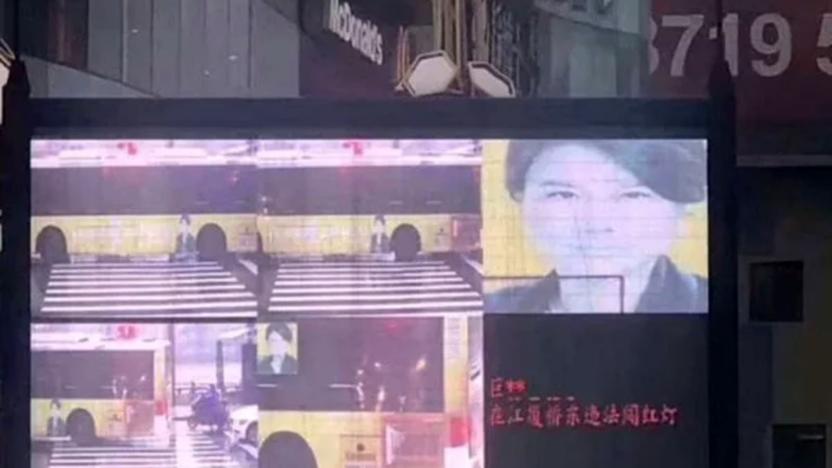
Chinese facial recognition system confuses bus ad with a jaywalker
There are many criticisms you can level at China's growing reliance on facial recognition, including its absolute faith in technology: what happens if there's a false positive? Unfortunately, we just saw an example of that in action. Police in the city of Ningbo have taken corrective action after the facial recognition system at a crosswalk mistakenly accused famous businesswoman Dong Mingzhu of jaywalking because she appeared in an ad on a passing bus. As with any other detected offender in the area, it posted both Dong's name (incorrectly displaying her surname as "Ju") and government ID.
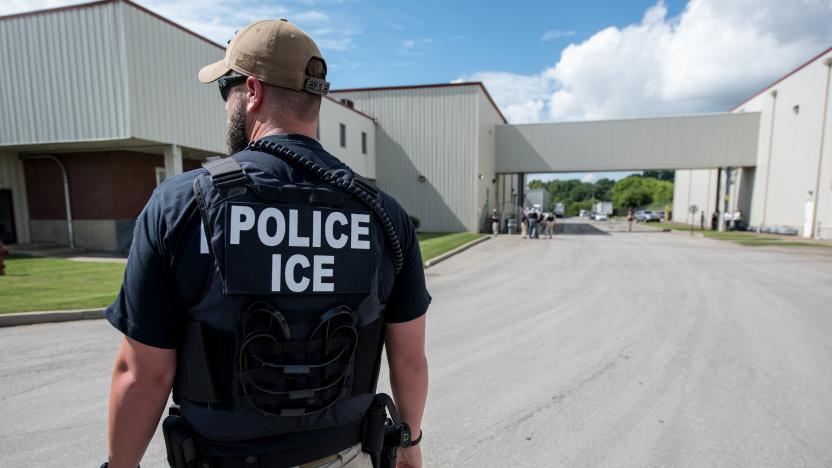
Amazon pitched ICE on its facial recognition technology
Amazon has faced pushback, both internally and externally, for selling its Rekognition facial recognition technology to law enforcement. It's a move the company's own employees said would "serve to harm the most marginalized." Now, The Daily Beast reports that Amazon met with ICE officials in June, and it pitched the agency on Rekognition.
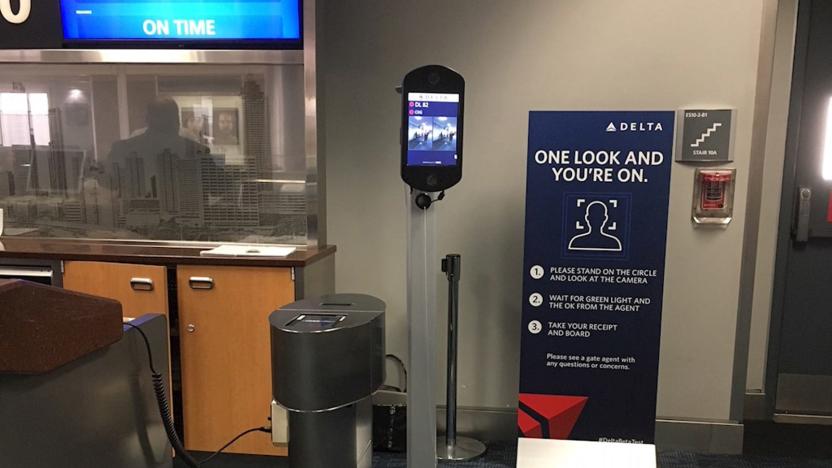
TSA outlines its plans for facial recognition on domestic flights
The Transportation Security Administration is determined to make facial recognition and other biometrics a regular part of the airport experience, and it now has a roadmap for that expansion. The effort will start by teaming with Customs and Border Protection on biometric security for international travel, followed by putting the technology into use for TSA Precheck travelers to speed up their boarding process. After that, it would both devise an "opt-in" biometric system for ordinary domestic passengers and flesh out a deeper infrastructure.

Delta’s fully biometric terminal is the first in the US
Delta Air Lines is launching what it calls the first "biometric terminal" in the US. The airline will use facial recognition at check-in, security and boarding inside the international terminal at Atlanta's Hartsfield-Jackson -- similar to systems already in place in Dubai and Australia, but more comprehensive than the biometric checks already in use at other airports around the US.

IBM used NYPD surveillance cameras to develop facial recognition tech
It's not a secret that the NYPD has been using facial recognition tech, though the details of the program have been kept under wraps. Now, The Intercept has learned that IBM developed the technology for the NYPD using police camera footage. The fact that the company had access to these thousands of images of New Yorkers, taken from fewer than 50 of 512 total cameras, was not made public previously. Using these secret images, IBM was able to create a program that searches camera footage by identifiers such as clothing color, hair color, facial hair and skin tone.
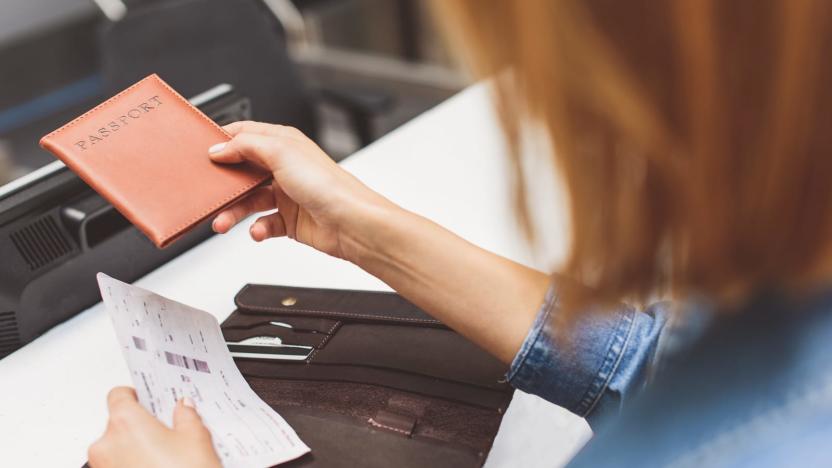
US airports' new facial recognition tech spots first imposter
The facial recognition technology the US is testing for airports has caught its first imposter merely three days after Washington Dulles International started using it. According to US Customs and Border Protection (CBP), a 26-year-old man from Sao Paulo, Brazil successfully fooled people with a French passport until he presented it to a Dulles officer who used the new facial comparison biometric technology. The system determined that his face wasn't a match with the person in the passport, and he was sent for a comprehensive check, which revealed the Republic of Congo ID hidden inside his shoe.
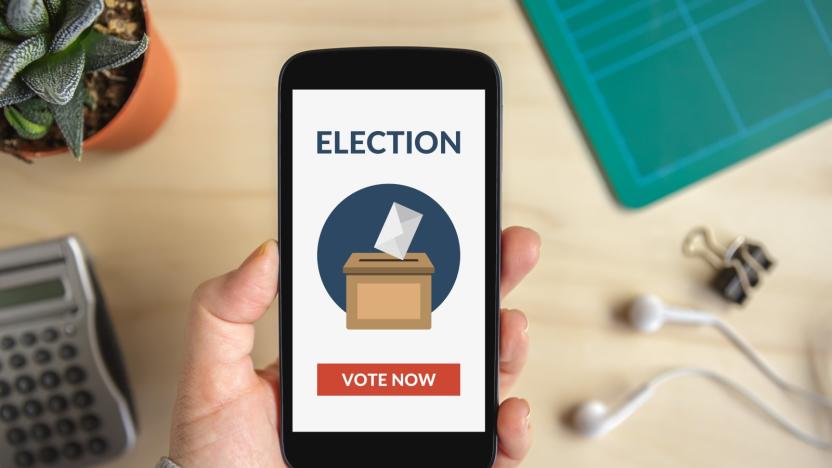
West Virginia will try mobile voting for troops serving abroad
Despite our skepticism of applying tech to the electoral process, CNN reports that after limited tests earlier this year (PDF), West Virginia is planning to roll out mobile voting for its midterm elections in November. Availability will be limited "largely" to troops serving abroad as an alternative to mailed absentee ballots, and individual counties can decide whether or not to participate. The plan is to use software from Voatz (the z, presumably, keeps it fresh), a startup that has received about $2.4 million in funding so far. Because it's 2018, Voatz naturally touts its use of blockchain technology (as well as registration based on government ID and a self-shot video for facial recognition, plus an additional layer of biometric security with either another selfie or thumbprint) to anonymously tally and verify each submitted ballot.
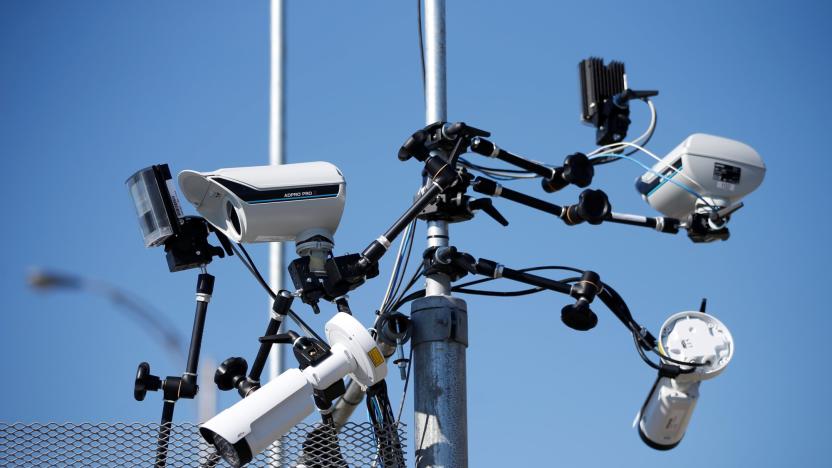
Congress seeks more info on Amazon's facial-recognition tech
Yesterday, the ACLU published a report showing that Amazon's Rekognition facial mapping software could have some serious problems with accuracy. A test scanned every current member of the House and Senate and compared them to a database of 25,000 mug shots -- and matched 28 of those lawmakers with various mugshots. It hasn't taken long for some politicians to craft a response. Senator Edward Markey (D-MA) and Representatives Luis Gutiérrez (D-IL 4th district) and Mark DeSaulnier (D-CA 11th district) sent a letter to Amazon and Jeff Bezos asking for more information on Rekogntion, specifically concerning its sale to law enforcement agencies. Today's letter from Markey, Gutiérrez and DeSaulnier said that "the efficacy and impact of [facial recognition] technology are not yet fully understood," going on to note that "serious concerns have been raised about the dangers facial recognition can pose to privacy and civil rights, especially when it is used as a tool of government surveillance." Other concerns include its accuracy as well as the "disproportionate impact on communities of color." Between all these concerns and the ACLU's report about Rekognition's reliability problems, Markey, Gutiérrez and DeSaulnier have submitted a number of questions to Amazon. First among the information the senator and representatives are seeking are any internal accuracy or bias assessments that Amazon itself has performed. Specifically they're looking to have that data broken down by race, gender, skin pigmentation and age; the group is also asking for details on how Amazon has tested for accuracy and bias and if those tests have been independently verified. They're also interested if Rekognition can recognize whether the data uploaded to its system includes children under the age of 13, something that would require Amazon to be following the Children's Online Privacy Protection Act. Other requests include info on all the agencies that use or have used Rekognition as well as any that have contacted Amazon about it. Additionally, Markey, Gutiérrez and DeSaulnier are looking to find out if Amazon conducts any audits on how various law enforcement agencies use Rekognition to make sure it isn't being misused. Finally, they want to know if and how the software is being used in conjunction with "police body-camera technology" or any other "public-facing camera networks." This isn't the first such grilling Amazon has received by the hands of the government; earlier this year, two more Democrats from the House of Representatives sent similar requests to Amazon and Bezos. What the response was hasn't been revealed yet, but Markey, Gutiérrez and DeSaulnier are looking for a response by August 20th.

Amazon's facial recognition identified lawmakers as lawbreakers
The ACLU put Amazon's Rekognition facial scanning software to the test and the results were more than a little troubling. Comparing "every current member of the House and Senate" against a database of 25,000 publicly available mugshots, Amazon's software identified 28 lawmakers as folks who'd been arrested for a crime. The test cost $12.33.
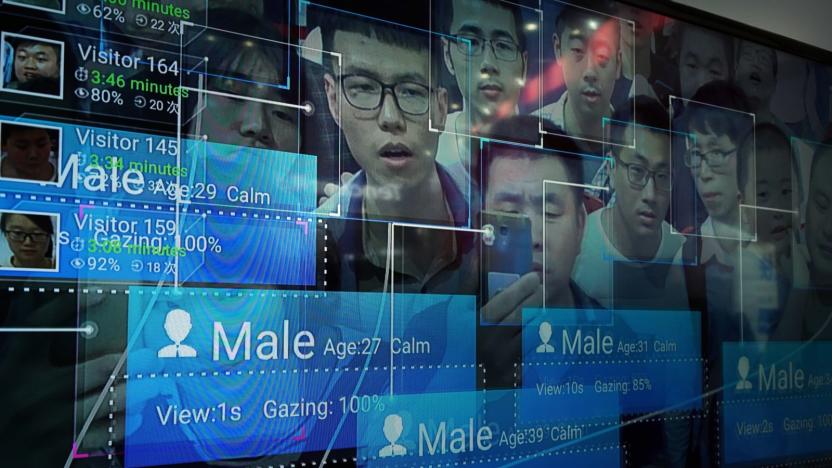
Microsoft calls on Congress to regulate facial recognition
In a blog post today, Microsoft President Brad Smith called for Congress to begin considering regulation of facial recognition technology, calling it "the technology of the moment" and noting its "broad societal ramifications and potential for abuse." Throughout the post, Smith discusses the potential pros and cons of facial recognition while also highlighting its current limitations, and he ultimately questions, "What role do we want this type of technology to play in everyday society?"
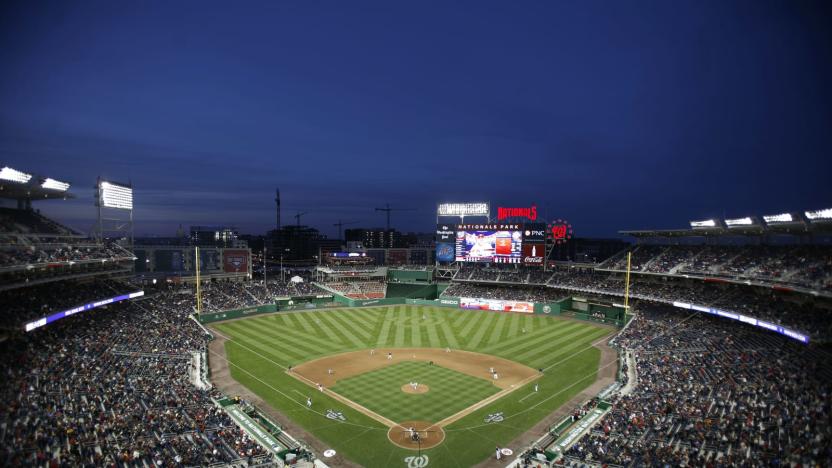
MLB is bringing biometric ticketing to select ballparks
Clear announced a new partnership today with Major League Baseball and Tickets.com that will let fans opt for biometric ticketing at certain MLB ballparks. Those who link their Clear accounts to their MLB.com accounts will be able to use their fingerprint instead of a paper or mobile ticket at participating ballparks. Clear plans to pilot this system at a small number of parks later this season and a wider rollout to Tickets.com-enabled ballparks is scheduled for the beginning of 2019. "Our collaboration with Clear is an important new technology initiative, delivering safe, simple and seamless experiences for fans," Noah Garden, MLB's executive vice president of business, said in a statement. "Developing a partnership that will unify emerging identity technology and ticketing is reflective of our commitments to always improving ballpark accessibility and maintaining critical security standards."

Australian airport begins passport-free biometric check-in trials
Qantas passengers who travel through Sydney Airport will be among the first groups of travelers to use facial recognition in automated check-ins, bag drop, lounge access and plane boarding. The system will ultimately allow officials to process travelers quicker. Early trials which provide a glimpse into a seamless, passport-free future are currently underway, but their implementation is provoking mixed responses.

Microsoft improves facial recognition across skin tones, gender
Facial recognition is everywhere. The technology is used in China to make kids pay attention and in California to order burgers. You can of course use your face to unlock your iPhone, but the tech also has the potential to screen passengers at US airports and recognize criminals. These last two uses are problematic, as the tech isn't ready to handle darker skin tones and genders. Microsoft hopes to help fix this problem with improved facial recognition technology the company claims has reduced error rates for men and women with darker skin by 20 percent.
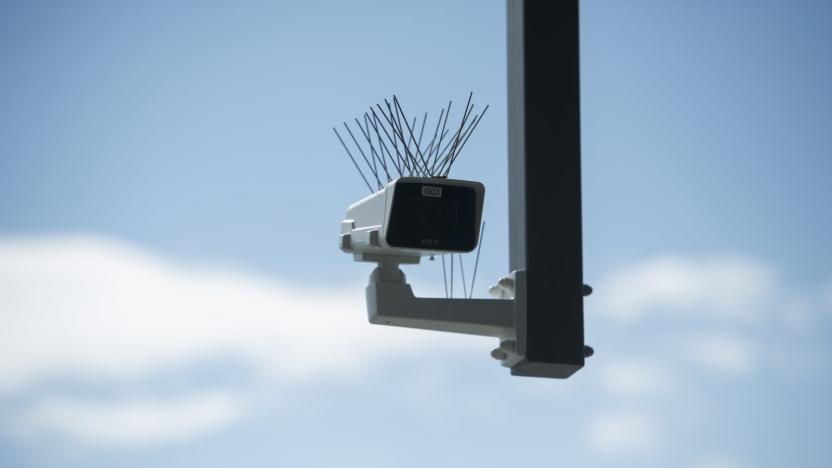
Orlando didn't renew its facial recognition contract with Amazon
The Orlando Police Department is one of the law enforcement groups that has been testing Amazon's facial recognition service Rekognition, using it in its headquarters and in downtown Orlando, though supposedly only with officers that agreed to test the system. However, the pilot program expired last week and the department says it has not yet decided whether it will continue to use the facial recognition technology. "Staff continues to discuss and evaluate whether to recommend continuation of the pilot at a further date. At this time that process in still ongoing and the contract with Amazon remains expired," the city of Orlando and the police department said this week in a joint statement given to Floridapolitics.com.

Employees ask Amazon not to sell face recognition to law enforcement
A group of Amazon employees has penned a letter to company chief Jeff Bezos, asking him to stop selling facial recognition to law enforcement. They said that "in the midst of historic militarization of police, renewed targeting of Black activists, and the growth of a federal deportation force currently engaged in human rights abuses," Amazon's facial recognition software will surely serve as a powerful surveillance tool for the government. They also pointed out that a tool like it will "ultimately serve to harm the most marginalized." The employees wrote the letter after an American Civil Liberties Union investigation revealed that the tech giant sells its Rekognition facial detection system to law enforcement customers.
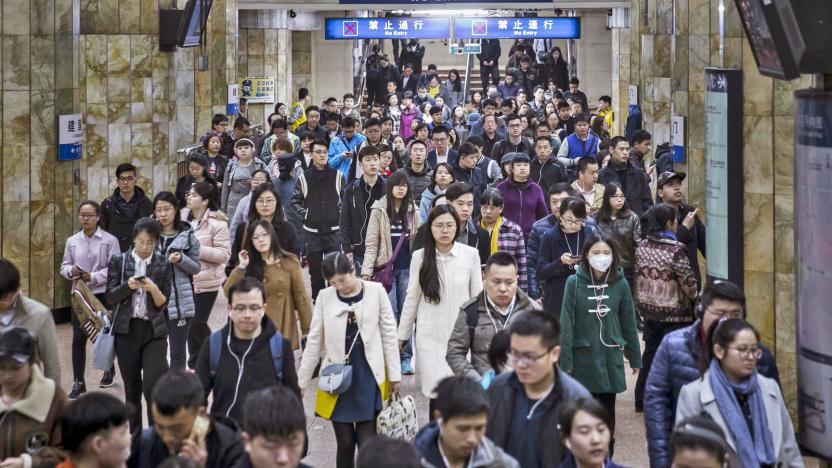
Beijing subways may soon get facial recognition and hand scanners
A bio-ID surveillance framework that can recognize subway users may soon come to Beijing. China Daily reports two forms of bio-recognition being put forward -- palm touch and facial recognition. Together, they could offer a viable long-term solution to ease congestion issues and help reduce fare evasion.
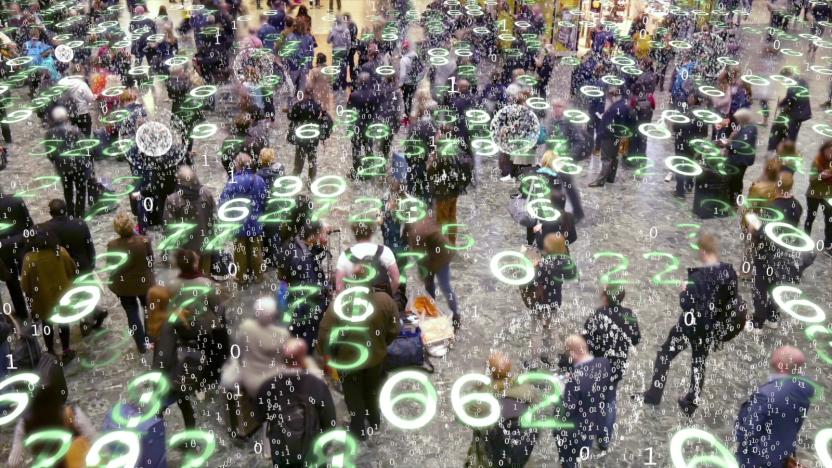
Amazon faces pressure to stop selling facial recognition to police
Amazon may not have much choice but to address mounting criticism over its sales of facial recognition tech to governments. The American Civil Liberties Union has delivered both a petition and a letter from 17 investors demanding that Amazon drop its Rekognition system and exit the surveillance business. While the two sides have somewhat different motivations, they share one thing in common: a concern for privacy.









